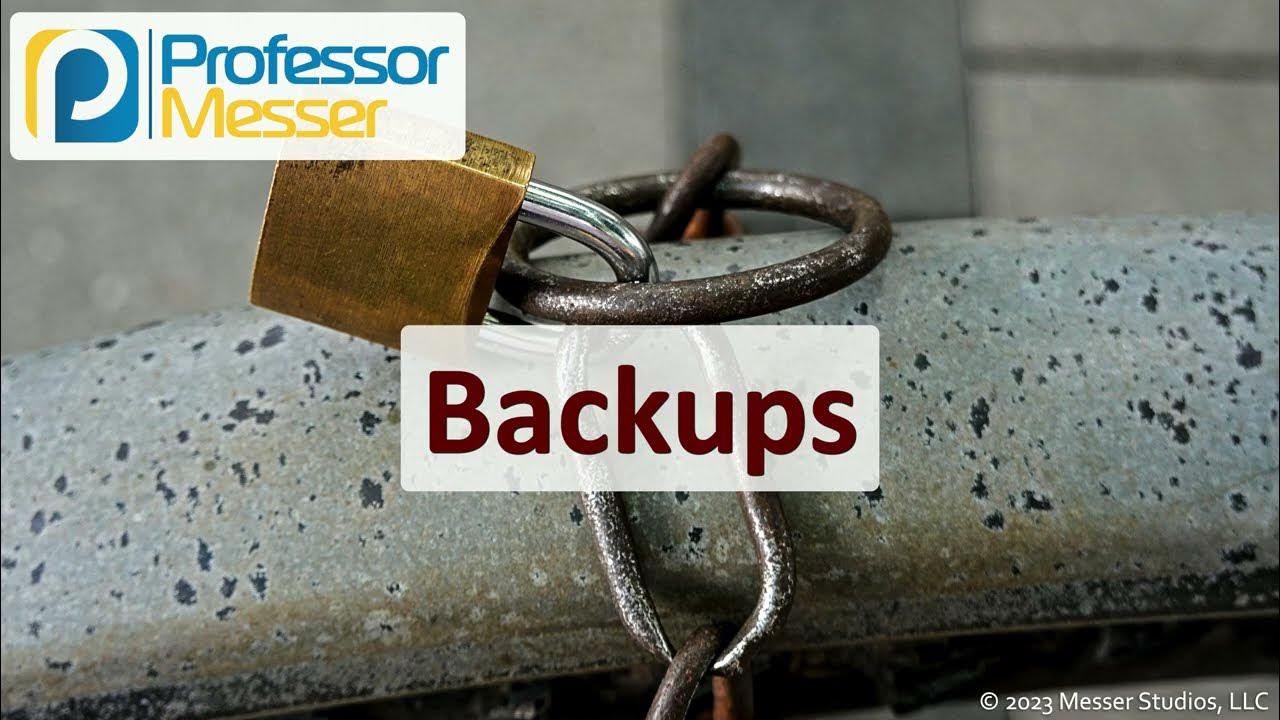Solar vs Generators...Which One Is The Best?
Summary
TLDRThis video explores solar and gas generators as backup power options, crucial during power outages caused by aging grids or extreme weather. It compares their pros and cons, discusses usage during grid failures, and outlines the ideal backup system. The presenter advocates for a combination of both solar and gas for maximum reliability, highlighting the importance of budgeting power needs and considering local conditions. The video concludes with tips on determining power requirements and selecting the right system.
Takeaways
- 🔋 Backup power is crucial due to aging grids and extreme weather causing power outages.
- 🚀 Internal combustion engine (ICE) generators offer on-demand power and lower upfront costs but require fuel and maintenance.
- ⛽️ Propane generators are preferred for long-term fuel storage and lower maintenance compared to gasoline or diesel.
- 🚫 ICE generators can be noisy, which compromises operational security (OPSC), and produce fumes that can be dangerous if not used properly.
- 🔩 ICE generators have parts that need regular maintenance and may require skills for repair, which can be a challenge post-disaster.
- 🌞 Solar generators provide unlimited power with sunlight, are quiet for better OPSC, and produce no fumes, allowing indoor use.
- 💸 Solar generators have higher upfront costs but are more cost-effective in the long run with reducing battery technology prices.
- 🌥️ Solar power is dependent on sunlight; on cloudy days or at night, charging is limited without an alternative power source.
- 🔌 For safety, never run generators indoors due to carbon monoxide risk; always use heavy-gauge extension cords for outdoor power needs.
- 🔄 The ideal backup power solution combines both solar and gas generators to leverage the strengths of each and ensure continuous power supply.
- 🌐 Consider your location's sunlight availability and personal power needs when choosing between solar, gas, or a hybrid system.
Q & A
What are the main topics covered in the video regarding backup power options?
-The video covers the pros and cons of solar and gas generators, how to use them when the grid goes down, what the perfect backup system looks like, and the presenter's final thoughts after working with these systems for years.
What are the advantages of internal combustion engine (ICE) generators?
-ICE generators offer on-demand power, have a lower entry upfront cost, and the option for dual or tri-fuel capabilities. They also require less maintenance than gasoline or diesel generators due to less carbon buildup.
What are the downsides of using ICE generators?
-The downsides include noise which can compromise operational security, potential fumes and carbon monoxide risks, reliance on fuel sources that may be limited during disasters, and the need for regular maintenance and repair skills.
Why does the presenter prefer propane over gasoline or diesel for generators?
-Propane can be stored for years without issues, requires less maintenance due to less carbon buildup, and although slightly less powerful than gasoline, the advantages outweigh the disadvantage.
What are the pros of solar generators mentioned in the video?
-Solar generators have an unlimited power source with the sun, no noise for better operational security, no fumes for safe indoor use, no need for an external fuel source, and they require minimal maintenance.
What are the cons of solar generators according to the video?
-The cons include higher upfront costs compared to gas generators, dependency on sunlight for charging, and the fact that solar panels rarely produce at 100% of their rated capacity due to various factors like weather and positioning.
How does the presenter suggest using solar generators during a power outage?
-The presenter suggests using solar generators indoors safely due to the lack of fumes and noise, and connecting them to solar panels outside for charging when possible.
What is the ideal approach to backup power according to the video?
-The ideal approach is to have both solar and gas generators on standby to cover situations where one type may be less effective, such as no sun for solar or fuel scarcity for gas.
How can a combination of solar and gas generators be beneficial?
-Having both types of generators allows extending the fuel life of the gas generator by using it to charge the solar generator's batteries, which can quadruple the fuel efficiency.
What is the presenter's recommendation for those living in areas with less sun?
-For those in areas with less sun, the presenter recommends considering a combination of both solar and gas generators to ensure backup power reliability.
What additional resources does the presenter suggest for further information?
-The presenter suggests watching videos on determining power needs and the annual solar generator review for more insights and to stay updated on advancements in the market.
Outlines

This section is available to paid users only. Please upgrade to access this part.
Upgrade NowMindmap

This section is available to paid users only. Please upgrade to access this part.
Upgrade NowKeywords

This section is available to paid users only. Please upgrade to access this part.
Upgrade NowHighlights

This section is available to paid users only. Please upgrade to access this part.
Upgrade NowTranscripts

This section is available to paid users only. Please upgrade to access this part.
Upgrade NowBrowse More Related Video

solar or gas GENERATOR? Why you NEED BOTH 🤔💵⚡️vs⛽️

Solar Power Generator and Gas Generator - The Perfect Combination - Charging Solar Gen with Gas Gen

7 Backup Generator Mistakes. (Have You Made One?)

Backups - CompTIA Security+ SY0-701 - 3.4

Jalur Instalasi Listrik Gedung Bertingkat secara sederhana

How Solar Storms Affect Humans and Electronics on Earth | WSJ Future of Everything
5.0 / 5 (0 votes)